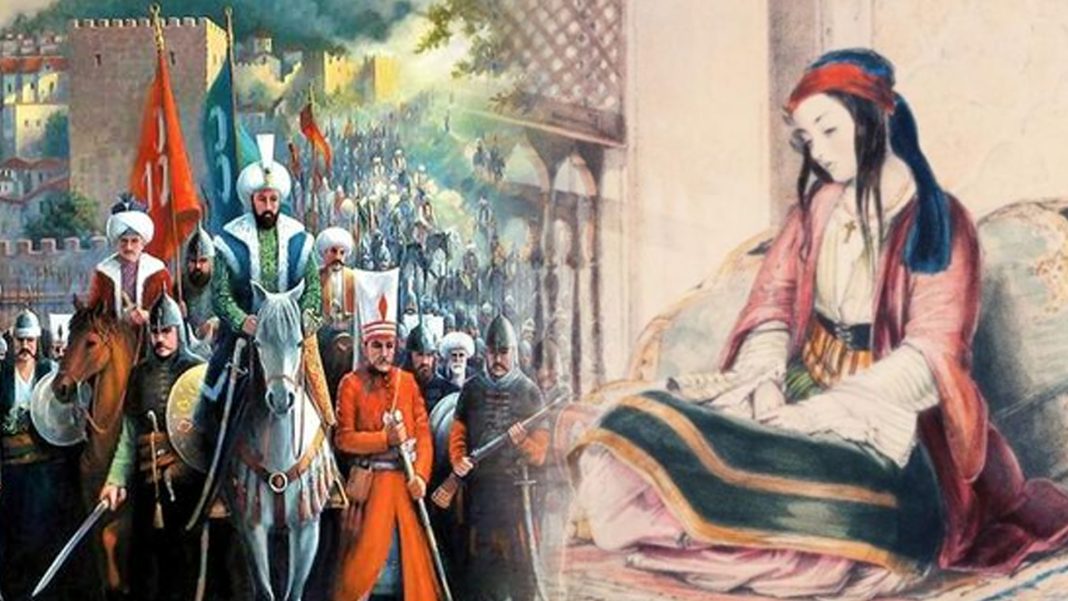Unraveling the Harem: Powerful Women in the Ottoman Empire
In the Ottoman Empire, the concept of the harem is often associated with luxury and sultans, but it is also a historical fact that this institution produced some of the most powerful women. Over more than 600 years of Ottoman history, almost all of the Sultan’s mothers were technically slaves, yet one cannot understate their influence in the political power game of one of the world’s largest empires.
Historian Ebro Boyer highlights in his book “Ottoman Women in Public Spaces” that many harem women managed to rise above being mere sex objects or slaves, and instead became influential figures. While some Ottoman rulers married for love, political and strategic reasons, including establishing alliances with other leaders in the region, drove most marriages.

A significant trend emerged over time, wherein Ottoman rulers preferred having children, especially male heirs, with women from the harem rather than their wives. Disregarding the political connections of the women, this preference allowed the independent women belonging to specific elite families to be left aside. The motive was to ensure a large number of male heirs to secure the empire’s continuation and avoid potential power struggles.
The mothers in the harem played a crucial role in shaping their sons’ future and ascent to power. They engaged in a subtle yet intense competition among themselves to ensure their sons received the best education, held prominent positions in the empire, and eventually became the Sultan’s successor. Mothers were instrumental in managing cities, even though their sons were technically the governors.

The harem was not just a place of luxury but a training ground for future rulers. The sons of slaves received education in languages, philosophy, religion, and military arts, setting the stage for a fierce competition among the half-brothers for the throne. Often, the Sultan eliminated his rivals to secure his rule.
One prominent example of a powerful harem woman is Roxelina, a Ukrainian-born slave who rose to become Sultan Suleiman’s favorite, his wife, and the mother of many of his children. She played a significant role in securing the throne for her son, Salem II, by manipulating the Sultan’s decision to eliminate other contenders, including his own son.
Although these women were technically slaves, slavery in the Ottoman Empire had a different context than the transatlantic slave trade. Slaves in the harem had the potential for freedom, and their children could be born free.

In conclusion, the harem of the Ottoman Empire produced some of the most influential women in history, who wielded considerable power behind the scenes. Preferring to have heirs from the harem ensured a constant supply of male contenders for the throne, albeit at the cost of some half-brother rivalries and occasional bloodshed. The harem was not just a luxurious abode but a breeding ground for future rulers, where powerful mothers played an essential role in shaping the empire’s destiny. Understanding the complexities of the harem system sheds light on the intriguing history of the Ottoman Empire.


